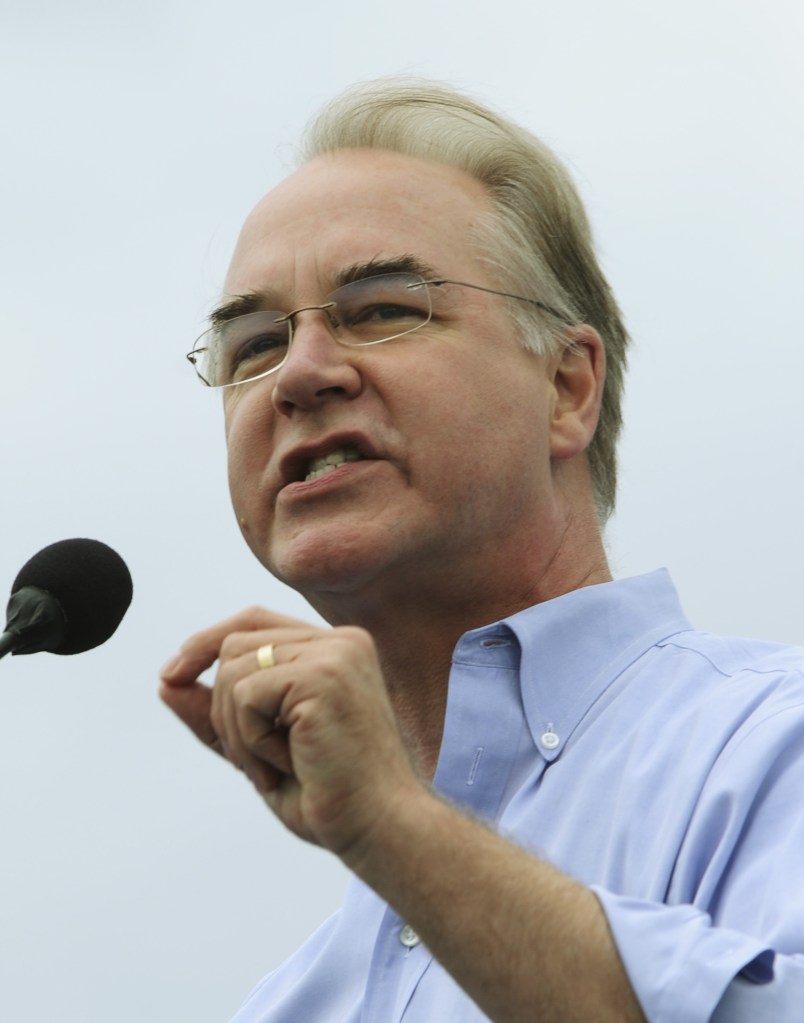The Office of Congressional Ethics told the Ethics Committee that the conduct of three members of the House in the time leading up to the vote on the Financial Regulatory Reform warrants further investigation. But OCE also dismissed similar investigations against five other members. So what’s the difference between a legal campaign contribution and a “legislation-for-contribution” scheme that violates the honest services law — and does the OCE really believe that the three members they referred to the Committee violated it?
The difference — says David Mason, former commissioner and chairman of the Federal Election Commission — can be hard to figure out. That has left lobbyists and legislators involved in the recent inquiry surprised at being investigated for campaign contributions they thought were perfectly legal under campaign finance laws.
OCE appears to have referred the cases for further investigation not because there was evidence of any quid pro quo, but because people might think there was based on appearance of impropriety, Mason writes. So three Congress members who remain under investigation appear to be in trouble not because their contributions were tied to official acts, but because there was the impression that they might have been.
Mason believes the referrals for full investigations should serve as a warning to both lawmakers and lobbyists because it now appears investigations are being opened because of a wide range of activities — from those that are clearly illegal to those that are more commonplace in the lobbying world and not specifically prohibited under law.
Writes Mason:
The problem for PAC managers, fundraisers, lobbyists, and others potentially affected by such inquiries is that the triggering behavior appears to run from the plainly off-limits (such as tying a particular contribution to a particular vote or earmark) to the apparently routine (such as building personal contacts with members).
One watchdog group thinks that the conduct of five lawmakers which OCE said did not warrant further investigation is nonetheless unethical, and shows that the current system is broken.
“That a majority of these cases were closed without further investigation show that in our current system it’s what is legal that’s the problem” said David Donnelly, campaign manager for the Campaign for Fair Elections. “The OCE may not have found any proof of corruption, but everyday Americans know that big money campaign donors and lobbyists have a stranglehold over our electoral system.”
OCE first opened an investigation into eight lawmakers who received significant campaign contributions from financial services interests just ahead of the vote on regulation of that industry.
The three lawmakers who were referred for further investigation have held finance related positions. According to a roundup prepared by the Sunlight Foundation, Rep. Joseph Crowley (D-N.Y.) held a fundraiser at the home of a lobbyist who was advocating on the bill when the House was debating a series of amendments to strengthen the legislation. A fund-raising luncheon for Rep. Tom Price (R-Ga.) a day ahead of the vote on the bill was specifically aimed at the financial services sector. But a connection between Rep. John Campbell and the financial industry lobby is not clear — he hosted two events a couple days ahead of the vote, one at the home of a defense industry lobbyist.






